Strategic design: turn your hotel’s website into a powerful business tool
Reading Time: 4 minutesSince its popularization, back in the 90’s, the Internet has come a long way. In the last 25 years, websites have changed dramatically and these changes had also generated new dynamics of personal and professional interactions, influencing consumer habits and requiring new marketing strategies in which brands have to quickly adopt an approach centered on the users.
In the hospitality industry, the changes caused by the new digital dynamics are huge. Nowadays, consumers have total control of all steps of planning a trip: from searching for a destination to booking the accommodations. This makes it mandatory for any hotel to have a solid online presence, in order to led the consumer from the search engine directly to the hotel’s official website – the main online sales channel and the primary point of contact between a guest and the hotel.
According to a study conducted by Toluna, almost 40% of user decision comes from their rational side, and that relates to price and availability, special offers, and reviews of the hotel. On the order hand, photos, rooms and amenities description on the hotel’s website and the location represent the emotional side, responsible for almost 60% of user decision. Giving due care and attention to your website will help you to get people to complete their (and yours!) goal: make a reservation directly at your hotel’s website.
In this article, you will find 7 tips that will help turn your website into a powerful sales tool. Check them out!
1. Content is (still) king
Content is still at the heart of marketing strategies to engage, inspire and enhance the user experience. Understanding your visitors and the customer journey is the key to create relevant content that will attract and keep the visitors on your website. Have a clear message and be objective and succinct as people don’t have much time to spend on your website. Put yourself on the customers’ shoes, think about what they seek when going on vacation and tailor specific content for them.
2. Take care of your brand
Your brand is valuable and must be treated professionally. Your brand is what tells your visitors what your hotel is about – it sums up the identity of your property and conveys a set of ideas that your visitors will associate with your hotel. A good branding is able to convey the quality and credibility of your hotel. And if you’re not sure you have a good brand, do the “brand test”: choose a good website for benchmark, insert your brand in it and if is doesn’t look good… Well, your brand probably needs a “face-lift”.
3. Important things first
On the website of a hotel, the most visited pages are the homepage, the rooms page, Special Offers, Gallery, Location and Contact, with 94% to 98% of clicks. Pay special attention to these pages, keeping them easily accessible and constantly updated. Don’t forget that your visitors don’t want to waste their precious time exploring a website, they want to find everything they need in one click, otherwise they will click on “back” and look for another hotel.
4. Design for all devices
Recently, Google announced that it gets more general queries from mobile devices than it does from desktops. This shift will certainly affect the search for your hotel. More than ever, it is primordial to have a responsive website, that adjust its navigation, content and layout to different screen widths. Also keep in mind that when users access your hotel’s websites from mobile devices they look for a very specific content: address, phone, offers and online booking, so highlight these areas. Make sure you provide a concise user experience throughout all devices, with specific content for each experience as this will secure that no reservation is lost.
5. An image is worth… a thousand bookings
A great way to showcase your property features and let your hotel’s “look and feel” immediately capture users attention is use high quality photos and dynamic imagery on your website. By choosing the right images you will better connect with your potential guests and evolve them with everything your property has to offer. Don’t sell just a building and some rooms, sell a lifestyle, giving visitors that feeling of: “Yes, I would like to stay here!”. Professional high quality photos will portray the uniqueness of your property and also take the design further.
6. Encourage the action
Now that you’ve showed all your property has to offer and engaged the user with your brand it’s time to convert this user visitor into a guest. A successful website must include a clear call to action, such as a “Book Online” button always available in all pages of the website. The “Book Online” button should be in a prominent area of the website, such as the top master head area or as a fixed element in the case of websites that require long scrolling. The constant presence of this element will encourage the visitor to book right away with your hotel, instead of looking for another option. Along with it, explain the “Best Rate Guarantee” policy of your website and motivate your visitors to book directly with you by offering something special. It can be something so simple like a welcome beverage to a free mini-bar.
7. Trust your partners
To achieve the great balance between form and function it is very important to look for companies specialized in developing websites for the hospitality industry. As they understand better the users’ behavior when looking for hotels online, they know exactly which techniques are best to reach your target audience.
When discussing the design of you hotel’s website, explain how you want to be seen online, give some references and explain why you gave them. But don’t try to become the designer, trust the inputs of the professional in charge of your website development. Avoid projects, you will dislike your site even before it is online and the endless changes will delay the project completion. Remember that the sooner your site is online, the sooner you will improve your results!
Conclusion
Your website is the first door visitors will have to your hotel. As visitors are likely to equate the experience they have on your website to the experience they might have at your hotel, it is fundamental to make a good first impression.
A good web experience can also help establish trust between the visitors and your hotel, a major element when people are about to spend their money. Transmit the look and fell of your property, evolve the user with your brand and offer a fantastic user experience and you will definitely see an increase on your direct bookings.
One glance can decide if a visitor will continue on your website or if he will look for another accommodation option. By applying these tips on your website design, you can take fully advantage of your website as a sales tool and convert more of your visitors into guests.

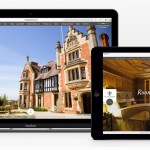
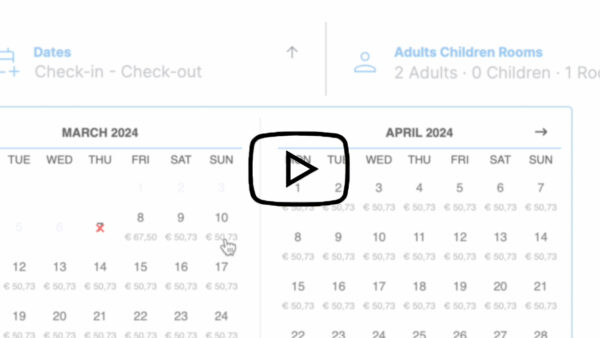

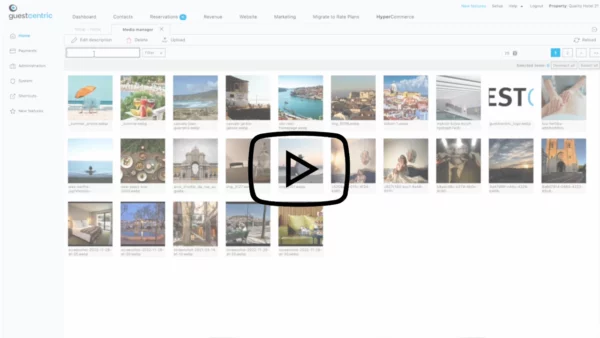
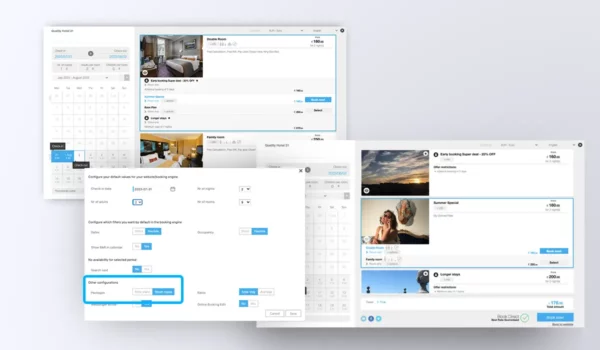
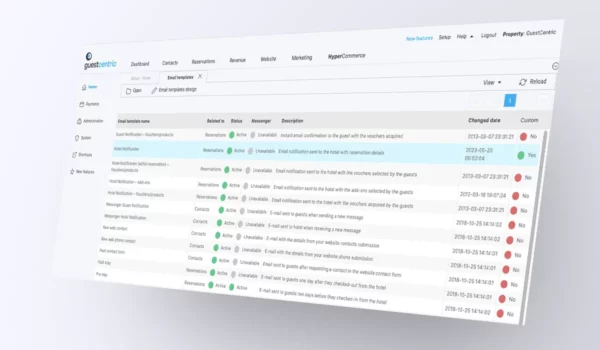
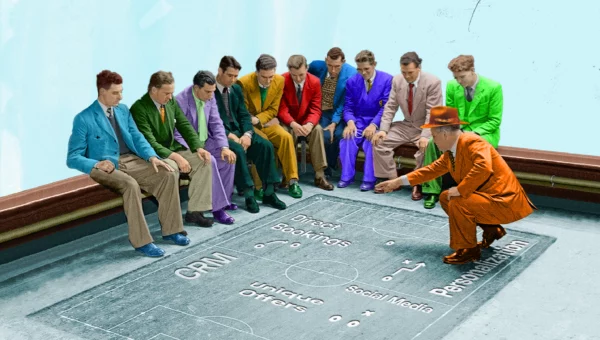
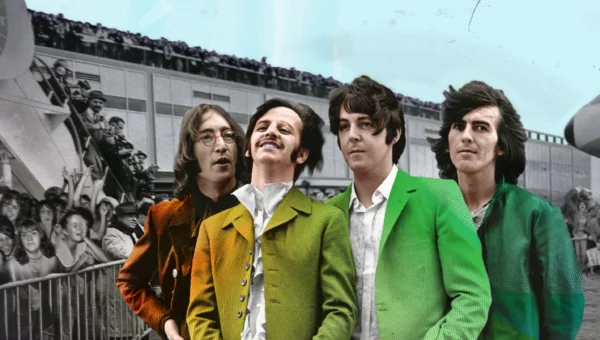

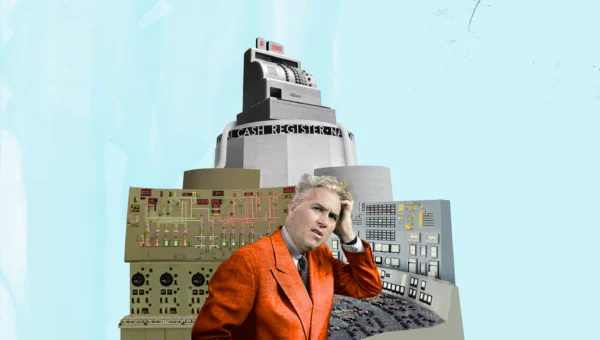

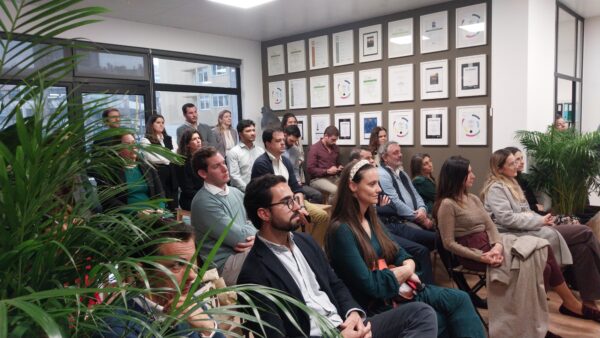
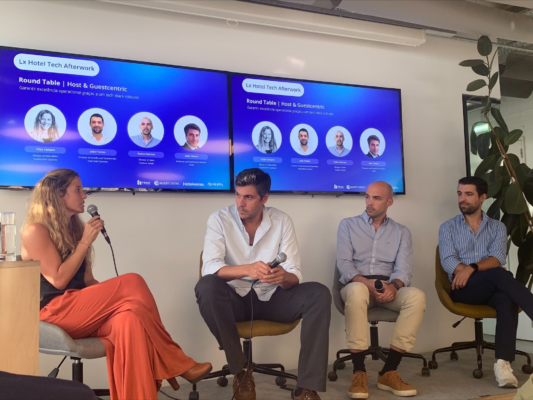
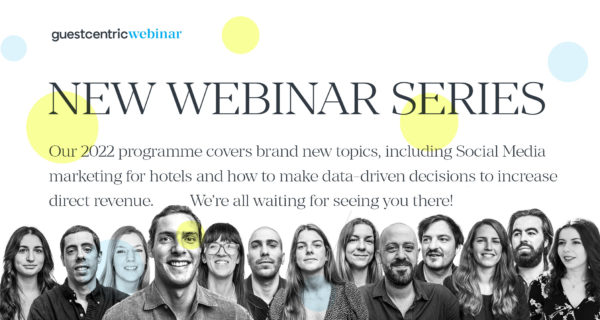
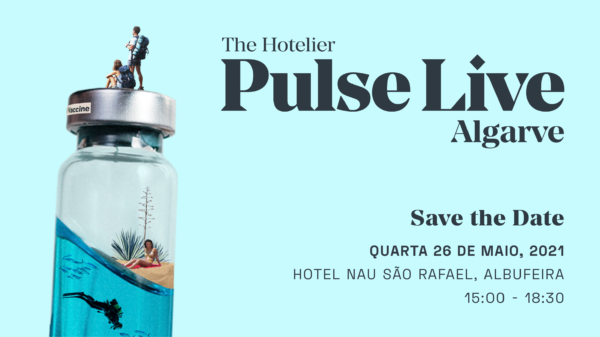
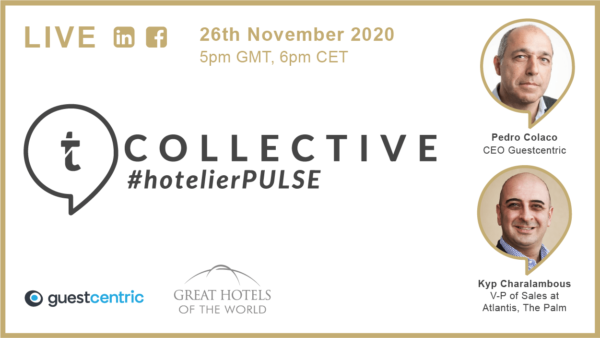
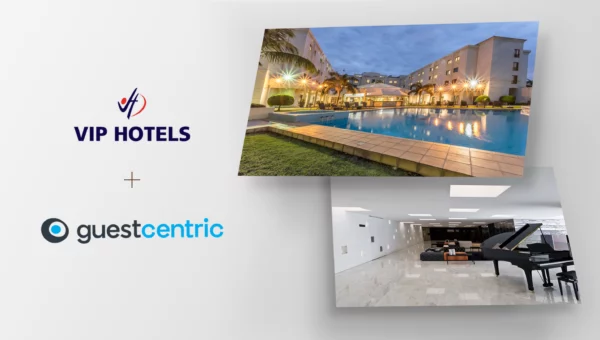
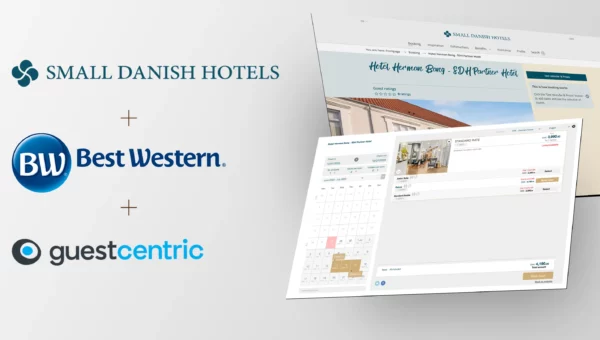

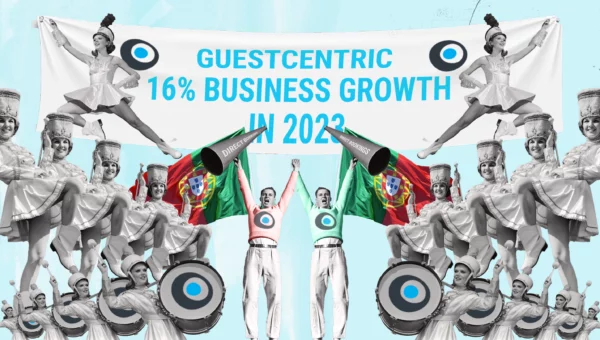
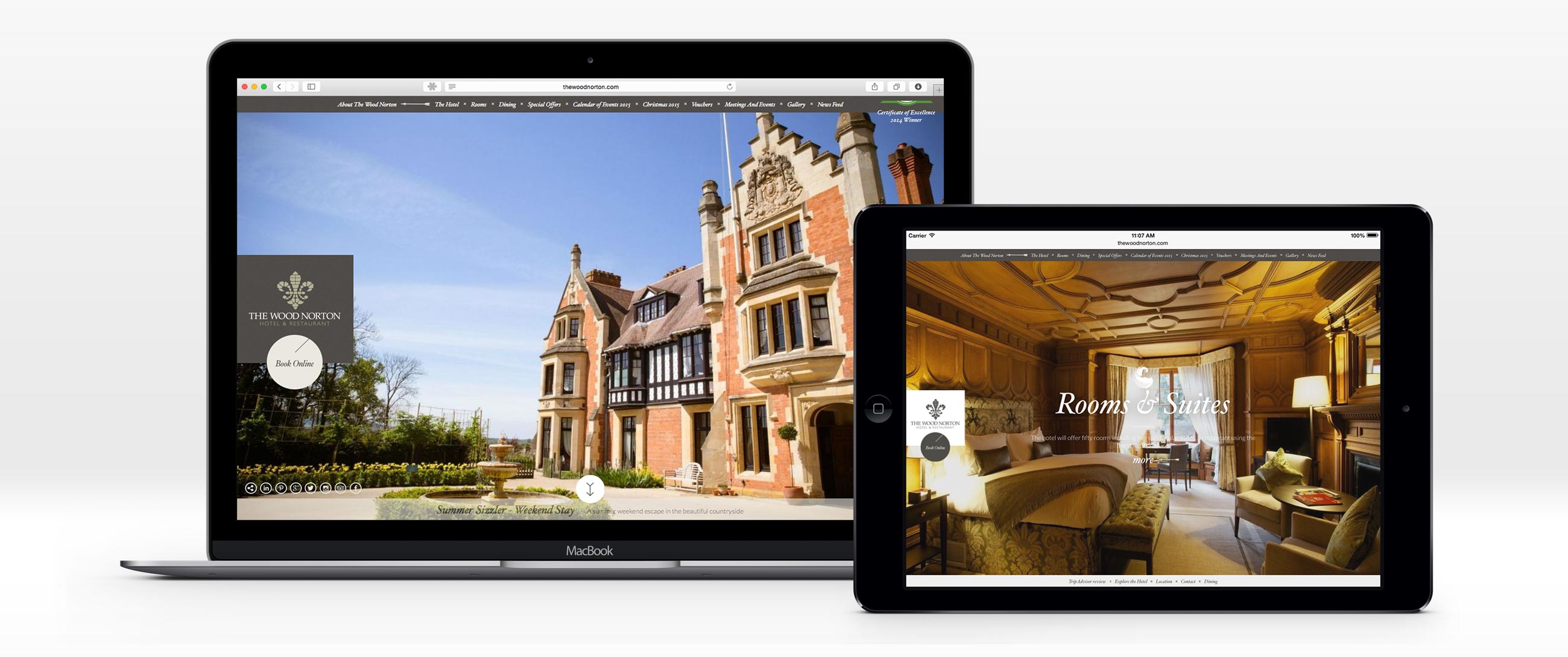
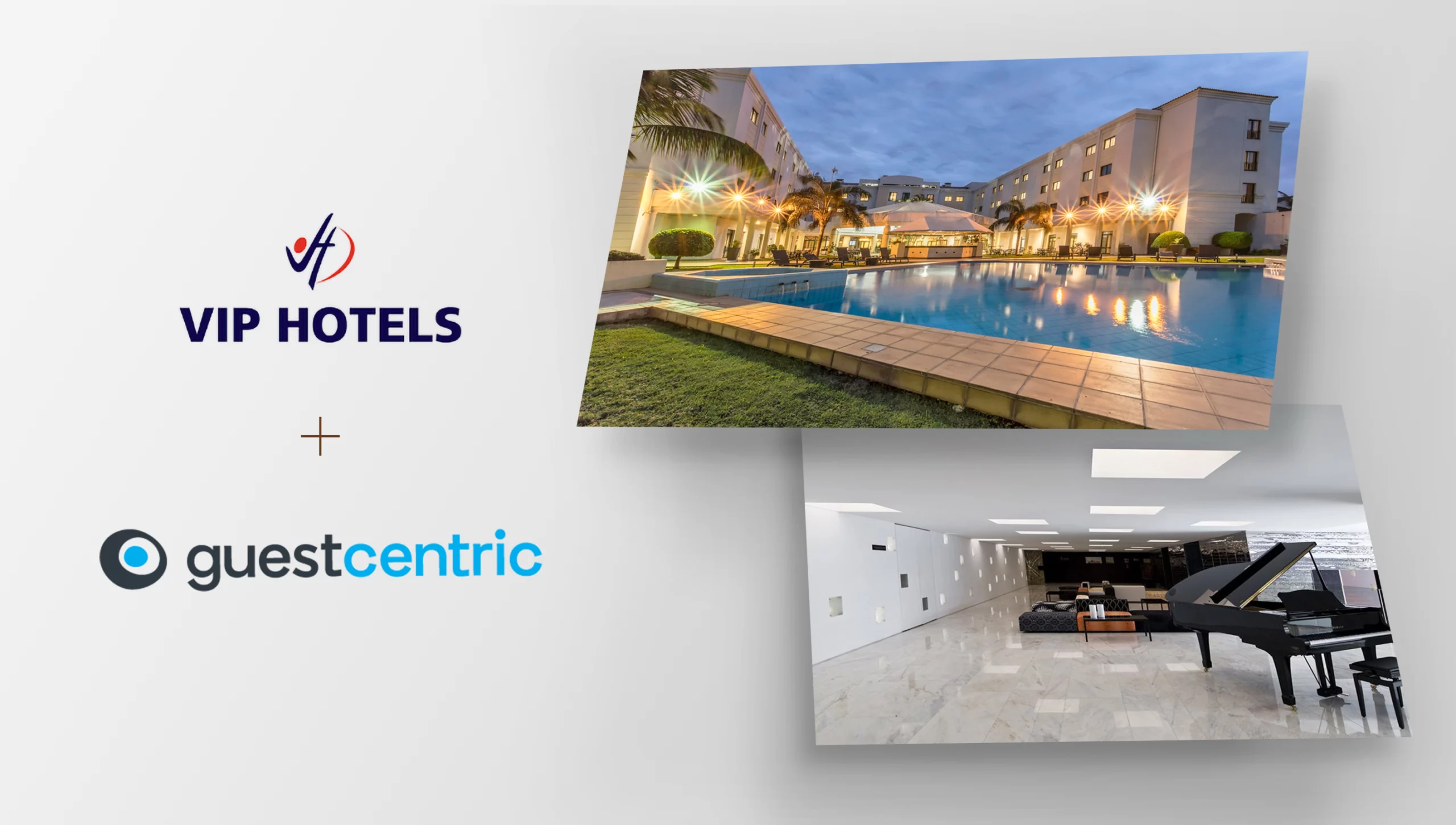
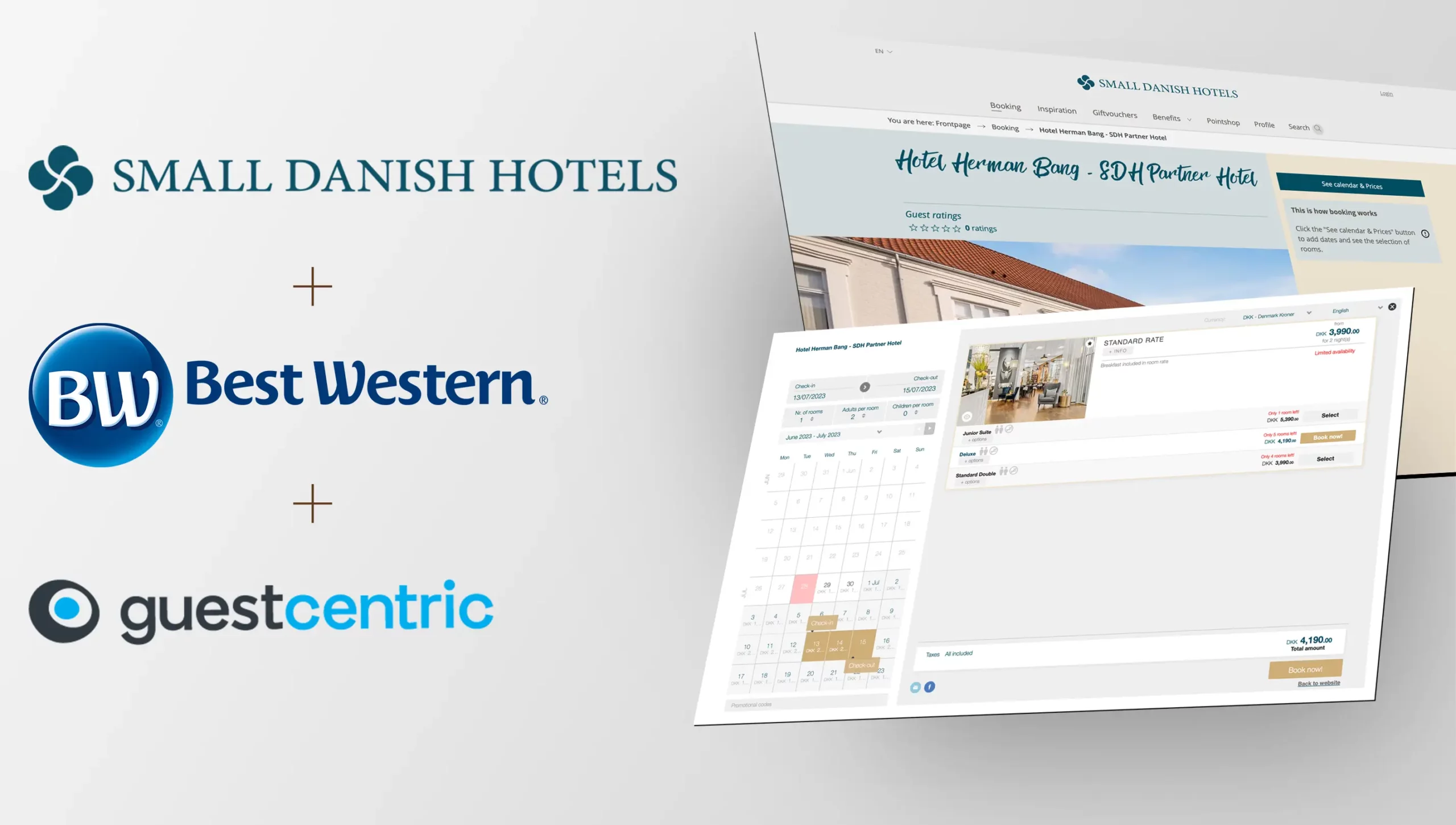
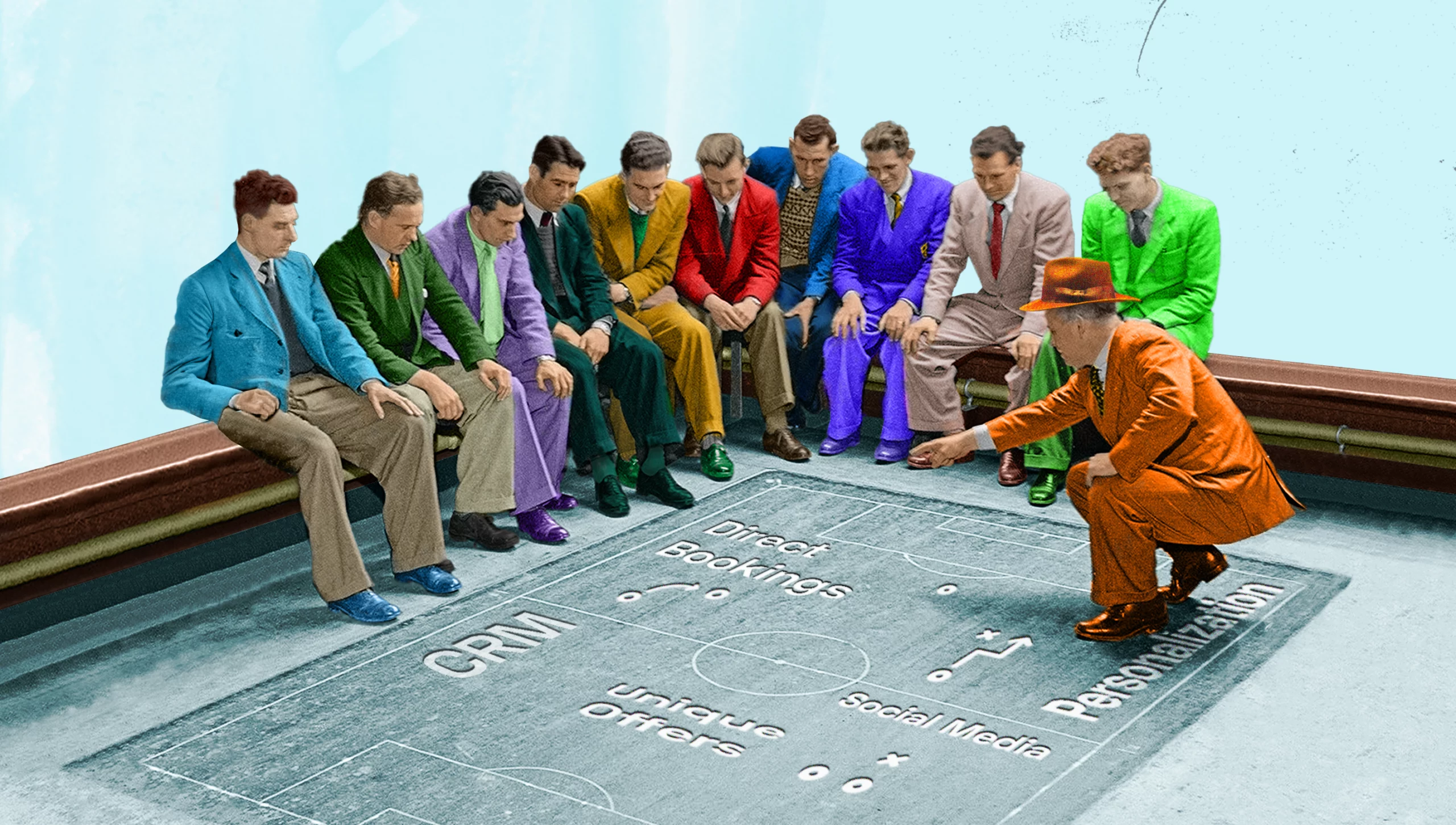
Train Racing Games 3D 2 Player
I appreciate, cause I found exactly what I used to be having a look for. You've ended my four day long hunt! God Bless you man. Have a great day. Bye